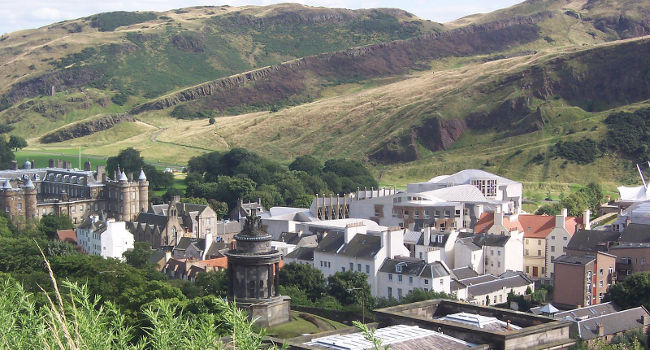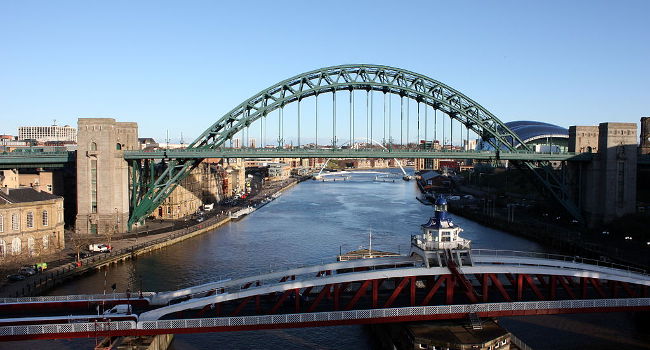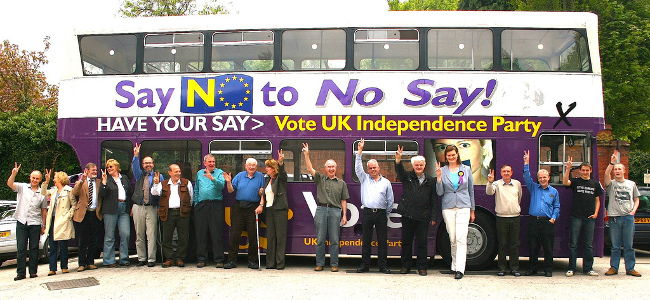Calling the Scottish National Party parochial is an exercise in tautology, but the response of the party’s Europe spokesperson Stephen Gethins MP to the revision of the EU referendum question still comes off as amusingly narrow:
“Scotland’s first minister Nicola Sturgeon put forward the case for a ‘double majority’ – to ensure Scotland cannot be ripped out of the EU against its will. Any decision to leave the EU, taken against the wishes of the people of Scotland, Northern Ireland Wales or England, would be unacceptable and should be taken to ensure this does not happen.”
This, followers of politics will note, is a quotidian example of reeling out an old message to new events. Under this double majority rule all four nations in Britain (England, Scotland, Wales and Northern Ireland) would have to opt to leave the EU for the country to quit – or to put it another way, if one wanted to stay, all must stay.
Clearly it is an absurd stance. Under the rule any one of the nations might well be forced to stay inside the EU against its will – surely as great an injustice as Scotland being “ripped out…against its will”, if one is to take the right of nations to independence seriously.
And even that assumes that the relationship is equal between the four. But it’s hardly a secret that the potential for democratic illegitimacy is greatest in the case of England, home to 53m compared to a mere 5.3m in Scotland, 3.1m in Wales and 1.8m in Northern Ireland, according to the 2011 census.
Of course Sturgeon’s proposal is in itself part of the Nats existential challenge to Britain, with the party arguing that Scots’ interests should be considered as distinct from their English (non)brethren.
But there is also an intriguing whiff of unionism to her proposal, which argues in constitutional democratic fashion that the wishes of the majority cannot snuff out those of the minority, however large the difference in population. It is on such a principle that the United Kingdom was built, and shows even the Fishmonger of Holyrood has some unionism left in her.
Image Credit – Scottish parliament in Edinburgh by Tharnton345






